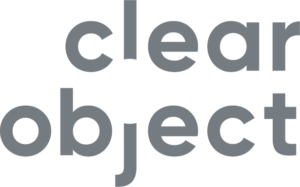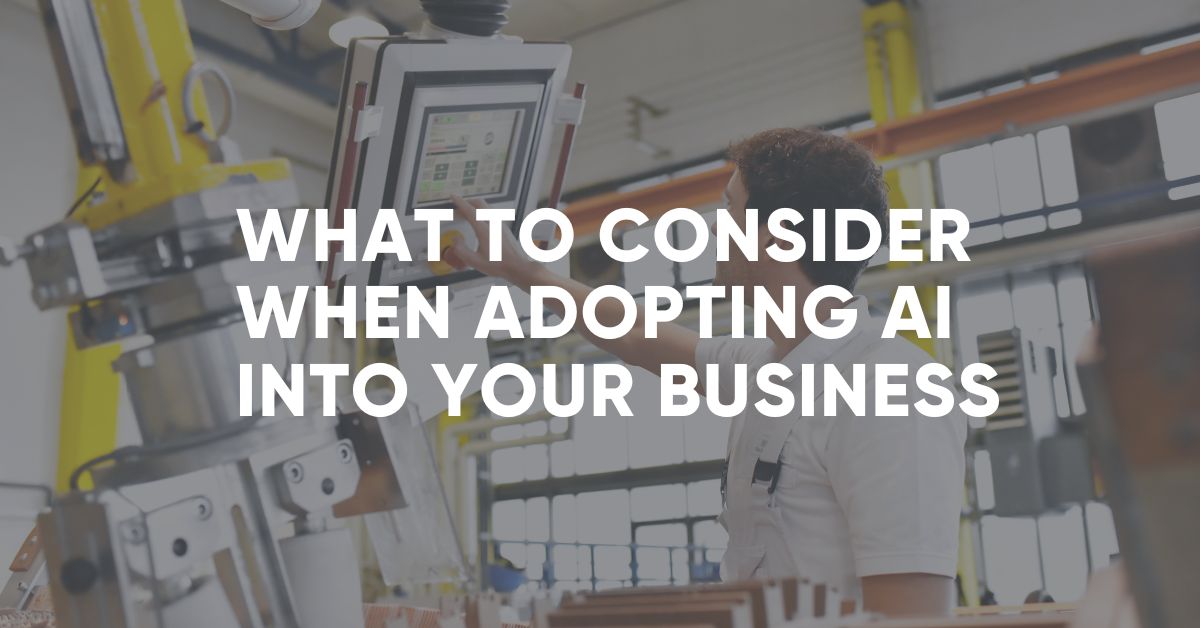You’ve seen the movies, you’ve read the books, and you’ve imagined what the future will look like with AI. But artificial intelligence (AI) is no longer a futuristic concept. It is already here, and it is transforming the business landscape more quickly than most people ever imagined.
From customer service to manufacturing, AI is being used to automate tasks, improve efficiency, and make better decisions. A recent study by the Boston Consulting Group found that companies that adopt AI can achieve an ROI of 200% or more. And this is just the beginning. We cannot yet imagine all the ways this technology can be used to streamline businesses.
Key Challenges with AI
It is important not to run into AI haphazardly. The technology is evolving rapidly and there are new tools and techniques being created every day, and the risks of investing in the wrong solutions are very real. Decision makers face a number of challenges when choosing to adopt AI into their operations, including:
Lack of knowledge and expertise: Many decision-makers do not have the necessary knowledge or expertise to understand how AI works or how to effectively adopt it.
Data quality: The quality of the data used to train AI models is critical to the success of AI initiatives. However, many organizations have poor-quality data, which can lead to inaccurate or biased AI models.
Cost: AI adoption can be expensive, especially for large organizations. The costs associated with AI adoption include the cost of hardware, software, and data, as well as the cost of hiring and training AI talent.
Data Privacy and Security: Companies must prioritize data protection and ensure robust security measures to safeguard sensitive information collected by Vision AI systems.
Ethical and legal considerations: AI raises a number of ethical and legal concerns, such as the potential for bias, discrimination, and privacy violations. Decision-makers need to carefully consider these concerns before adopting AI.
Change management: The adoption of AI can be a disruptive change for organizations. Decision-makers need to carefully manage the change process to ensure that employees are on board with the new technology.
Despite these challenges, AI has the potential to deliver significant benefits to organizations. By carefully considering the challenges and taking steps to mitigate them, decision-makers can position their organizations to succeed in the AI age.
How To Get Started With AI
If you are considering adopting AI into your business operations, here are a few tips:
Define Clear Objectives: Identify specific areas where AI can add value and align the implementation with organizational goals and objectives.
Start Small and Scale: Don’t try to do too much too soon. Start with a small project that you can use to learn about AI and see how it can benefit your business. Begin with pilot projects to evaluate the feasibility and impact of AI in manufacturing processes before scaling up to the full implementation.
Invest in Data Infrastructure: Ensure the availability of clean, reliable, and comprehensive data for training AI models. Collaborate with experts to build a robust data infrastructure.
Foster Workforce Collaboration: Involve employees in the AI implementation process, provide training and reskilling opportunities, and encourage collaboration between human workers and AI systems.
Continuously Monitor and Adapt: Regularly evaluate AI system performance, monitor key metrics, and adapt the technology based on evolving business needs and industry advancements.
Find the right partners: There are a number of companies that can help you adopt AI. Find a partner that has experience in the industry and that can help you choose the right AI solutions for your business.
Be prepared to experiment: AI is a new technology, and there is no one-size-fits-all solution. Be prepared to experiment and learn as you go.
As with any new technology, there is some risk. But by taking the time to think through the implications and iterate on ideas, you can reduce that risk and improve the potential for your AI projects.

